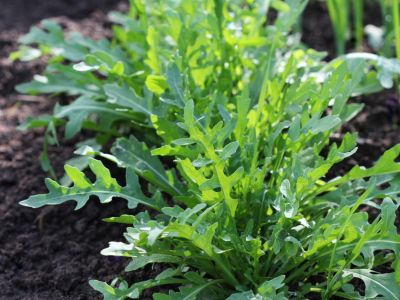The Cost-Effective Garden
When we identify veggies for a cost-effective garden, we aren’t necessarily discussing the cheapest vegetables to grow. Instead, we’re comparing cost of growing veggies at home to the price one would pay for the same produce at the local grocery store or farmer’s market. This is best illustrated by looking at a crop like peas. Most home gardeners would find it more economical to buy a bag of frozen peas at the supermarket than to purchase seed and spend the time growing, shelling and freezing garden peas. However, if the desire is to add fresh shelled peas to salads or sauté fresh snap and sugar peas for stir-fry, expect to pay a hefty price for these specialty veggies at the grocery. In this case, fresh peas might be cost-effective vegetables to grow at home.
Identifying Cost-Effective Vegetables
Other factors to consider when choosing economical vegetables to grow include:
Buying plants vs. seeds – You can grow several lettuce plants from a $2 pack of seeds. But if you’re paying $2 per lettuce seedling, you might want to compare the cost of the plant vs. purchasing lettuce at the grocery. Available garden space – Potatoes and pumpkins are inexpensive and easy to grow, but they produce less per square foot of garden space than other vegetables. If your garden capacity is limited, opt for high-producing, space-saving veggies like pole beans and zucchini. Heirloom and rare hybrid varieties – It costs the same to grow purple peppers as it does to grow green varieties. So if you prefer the flavor, color or shape of unusual varieties, you’ll find these money-saving vegetables are a sound investment for the home garden. Labor intensity – As the saying goes: “Time is money.” Focus on species or varieties which require little maintenance and are pest or disease resistant. Short growing season – Increase seasonal yields by growing multiple crops of radishes in the same spot or alternate with other short season crops
Common Money-Saving Vegetables
If you’re searching for the cheapest vegetables to grow at home, try your hand at the following:
Broccoli – Continue harvesting side shoots for the best value. Herbs – Opt for perennials, like thyme, sage and mint. They don’t need to be replanted yearly. Lettuce – Successively sow lettuce seed for a continuous supply of greens throughout the growing season. Peppers – Choose colorful varieties of bell peppers and let them reach maturity. Pole beans – Regularly harvest these space-savers to encourage additional production. Tomatoes – Garden tomatoes are highly productive with better taste and quality than store-bought. Swiss chard – Easy-to-grow, hardy plants which are very productive into late fall. Turnips – Short season crop with edible greens and a tasty root. Winter squash – Highly productive vegetable which stores well into the winter months. Zucchini – Harvest daily for continued production until frost.
